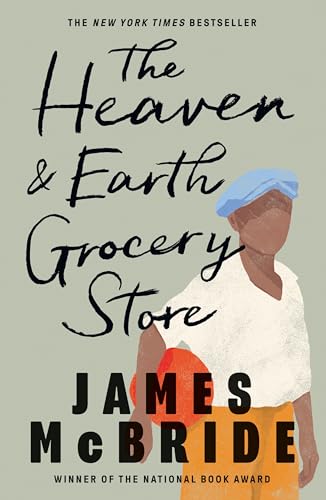
The Jewish and black residents of a poor neighborhood in Pennsylvania come together to welcome a deaf-mute boy into their community. When he is placed in an inhumane institution, at the hands of a racist, they form a complex plan to free him. I enjoyed the storytelling, the dry wit and the way the author paints the people, but was shocked at the scenes in the psychiatric ward. But in the end, it's the good in ordinary people that delivers hope.
He looked up to see Addie standing on the other side of the basement looking at him, concerned. Nate, taking down shelving in the far corner, also stopped his work. Neither moved to console him. It occurred to him in that moment that he had rarely touched either one of them physically. His wife had done those things. His wife had not been afraid to hug Addie or grab a reluctant Nate by the hand to show him something or hug Dodo or cuff a female customer playfully on the face or arm or place an arm around a woman's shoulder or pick up a Negro child who was wailing. Those things were almost forbidden in this country, he realized. Chona had never been one to play by the rules of American society. She did not experience the world as most people did. To her, the world was not a china closet where you admire this and don't touch that. Rather, she saw it as a place where every act of living was a chance for tikkun olam, to improve the world. The tiny woman with the bad foot was all soul. Big. Moshe was a foot taller, yet she was the big one. He was just a man who put music shows together. A promoter. A man without a song of his own.
His chest hurt.